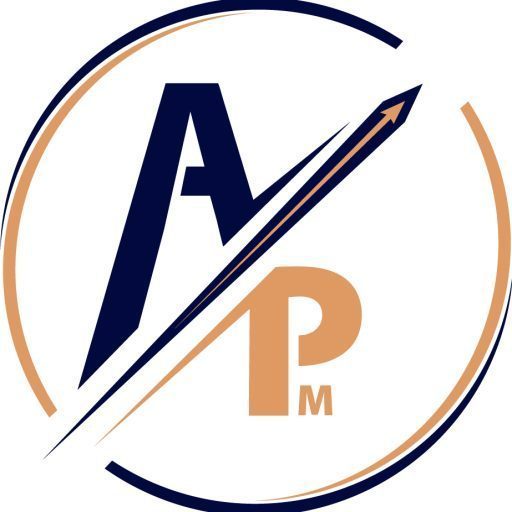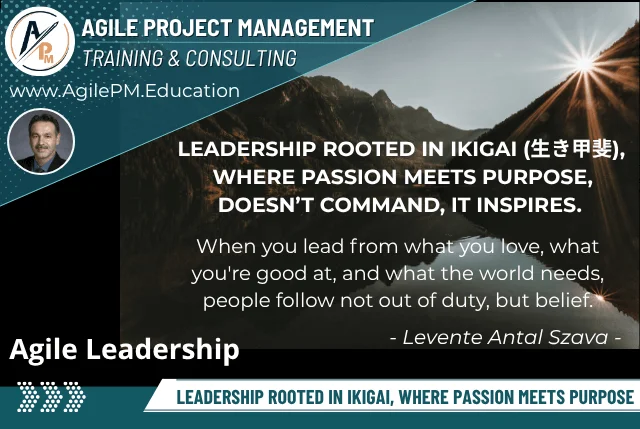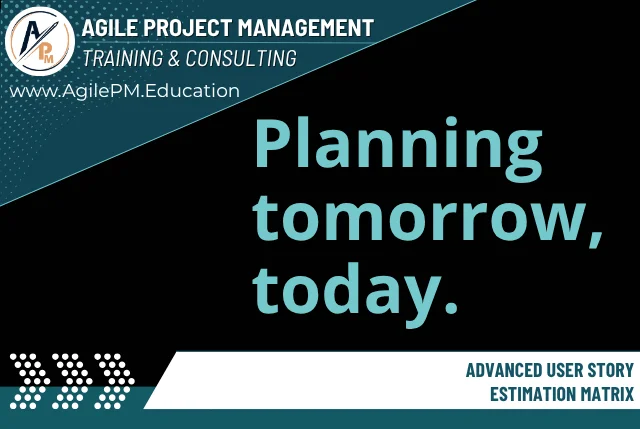The Power of Kaizen (改善) - Continuous Improvement for Personal and Professional Success
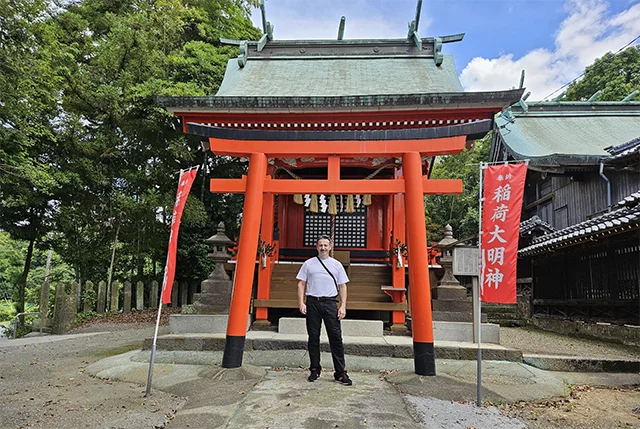
What is Kaizen (改善)?
Kaizen is a Japanese philosophy that emphasizes continuous improvement in all aspects of life, whether personal, professional, or societal. The term “Kaizen” comes from two Japanese words: “Kai” 改 (change) and “Zen” 善 (good), which together signify “change for the better.” The philosophy originated in Japan in the aftermath of World War II, particularly within the manufacturing sector. It became globally recognized thanks to Toyota’s success in the automotive industry, where Kaizen was integral to the development of their famous Toyota Production System. Today, Kaizen is used not only in manufacturing but also in healthcare, education, software development, and even personal development.
Real-World example of Kaizen
Toyota’s implementation of Kaizen revolutionized the automotive industry. Employees at every level were encouraged to suggest improvements, leading to enhanced efficiency, reduced waste, and higher-quality products. This culture of continuous improvement helped Toyota become one of the world’s leading car manufacturers.
The Importance of Kaizen in Professional Life
In the professional realm, Kaizen can be incredibly transformative, fostering a culture of continuous learning and adaptability that’s crucial for both entrepreneurs and those navigating today’s dynamic job market. This is especially true when making significant career changes, such as shifting professions in middle age, to name just one example. Kaizen for entrepreneurs involves continuous improvement that can drive innovation, optimize business processes, and ensure sustained growth. Whether you’re transitioning to a new career or building a business from the ground up, the principles of Kaizen provide a powerful framework for achieving long-term success.
Here’s my personal example of how I have applied Kaizen principles to transition from a technical role to Agile Project Management.
- Starting Small: I began by exploring free online resources to understand the basics of Agile methodologies. This initial phase was about learning the fundamental concepts and familiarizing myself with terms and practices related to Agile, Scrum, Kanban and product management.
- Getting Certified: With a foundational understanding in place, I pursued internationally recognized certifications. I started with foundational certifications for Scrum Master and Product Owner, then progressed to professional-level certifications in Agile Leadership. Each certification represented a new milestone and deepened my knowledge step by step.
- Working on International Projects: Armed with my certifications, I began working on various international projects. This hands-on experience was crucial for applying theoretical knowledge in real-world scenarios, allowing me to understand the practical applications of Agile methodologies.
- Continuing Learning: As I gained experience, I continued to learn and adapt. I explored further resources, attended workshops, and engaged with industry experts to keep up with the latest trends and best practices in Agile Project Management.
- Handling Larger Projects: My growing expertise led to opportunities to manage larger and more complex projects. This phase of handling bigger projects allowed me to refine my skills further and address more challenging aspects of Agile implementation.
- Deepening Understanding: As I took on larger projects and faced various challenges, my understanding of Agile principles and practices deepened. I began to see how different elements of Agile fit together and how to tailor approaches to different contexts.
- Providing Agile Coaching and Mentorship: With extensive experience and a solid understanding of Agile methodologies, I began offering Agile coaching and mentorship to other teams and professionals, including Scrum Masters and Product Owners. This role allowed me to support others in their Agile journeys, share insights, and contribute to the broader Agile community.
- Embracing Kaizen Principles Continuously: I incorporated Kaizen principles into my daily routine, constantly seeking small improvements and efficiencies in my work processes. By regularly evaluating my methods and outcomes, I was able to implement iterative enhancements, which contributed to ongoing personal and professional growth.
Applying Kaizen principles throughout this journey enabled me to make incremental improvements and continuously enhance my skills. By embracing small, steady steps and committing to ongoing learning, I successfully transitioned into a new profession and found fulfillment in Agile Project Management.
The Importance of Kaizen in Personal Life
Kaizen isn’t just a professional strategy; it can profoundly enhance personal life by instilling a mindset of continuous improvement. Whether you’re pursuing new skills, hobbies, or personal goals, Kaizen promotes small, incremental changes that, over time, lead to significant growth.
My Personal Experience: Karate-Do
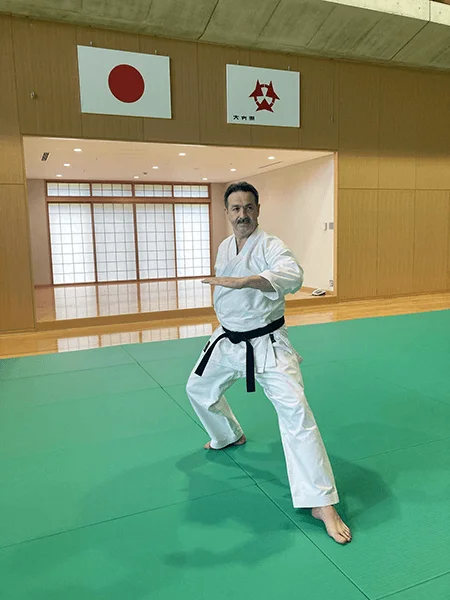
In my own journey with Karate-Do, I’ve realized that merely attending training sessions isn’t enough to achieve excellence. To truly advance, I’ve embraced the Kaizen philosophy:
- Following & Learning from a High-Profile Sensei: Finding a skilled and supportive Sensei is crucial. Their guidance and wisdom are essential to my development, and their mentorship has greatly accelerate my progress in Karate-Do.
I had the wonderful opportunity to visit André Bertel Sensei in Oita City, Japan, for private training sessions as a Renshushei. It was a transformative learning experience that enriched my knowledge and deepened my understanding of the true essence of bujutsu. This newfound insight is invaluable for my future practice and development. I am profoundly grateful to André Sensei for accepting me as his personal student, for his friendship, and for his exceptional guidance, teaching, mentoring, and coaching, all delivered with the utmost professionalism.
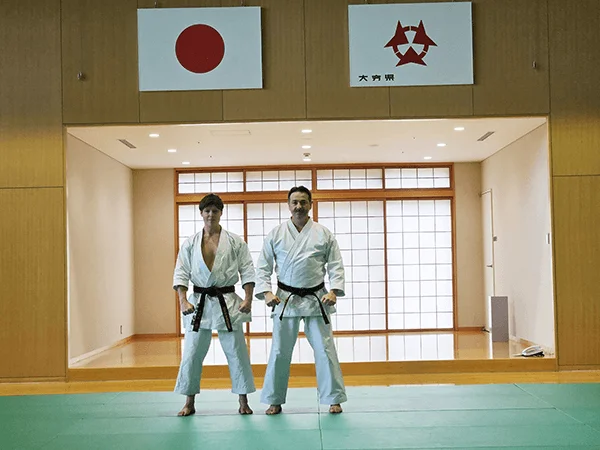
- Analyzing techniques: After each practice session, I take time to reflect on my performance. I assess what I did well and identify areas that need improvement. For instance, while my kicks are strong, I’ve realized that my balance needs work. By making small adjustments to my stance and focusing on balance in each session, I gradually improved my overall skill.
- Learning from Seniors: I’ve observed more experienced practitioners, picking up new techniques and subtle enhancements I hadn’t considered before. Incorporating these insights into my practice helps me progress more quickly.
- Consistent evaluation: I’ve set short-term goals and regularly evaluate my progress. This approach keeps me motivated and on track. Over time, these small, consistent improvements add up, leading me closer to mastery in martial arts.
- Training Diligently on a daily basis: I’ve committed to a rigorous daily training regimen, understanding that consistent effort is key to continuous improvement. Each session is an opportunity to refine techniques and build on previous progress.
- Participating in Seminars worldwide: I’ve actively participated in international Karate seminars and travel to Germany and Japan for private one-one lessons with my Senseis. These experiences provided exposure to diverse teaching styles and advanced techniques, enriching my practice and broadening my perspective.
- Embracing a Never-Give-Up attitude: Throughout my journey, I have maintained a relentless attitude towards overcoming challenges and setbacks. By embracing a never-give-up mindset, I persevere through difficulties and continually strive for excellence, embodying the spirit of Kaizen in all aspects of my training.
- Continuously setting new goals: After achieving a milestone, I immediately set new, more challenging goals to keep pushing my limits. This continuous cycle of goal-setting ensures that I am always striving for improvement and never becoming satisfied with my status quo.
Kaizen is a powerful philosophy that transcends cultural and professional boundaries. Whether you are improving a personal skill or navigating a major career change, Kaizen’s principles of continuous improvement can guide you towards greater success. By focusing on small, manageable changes, you can achieve significant growth over time, making Kaizen an invaluable tool for both personal and professional development.
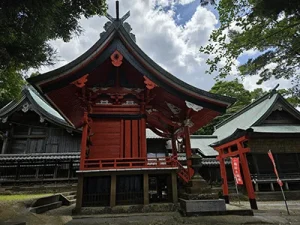

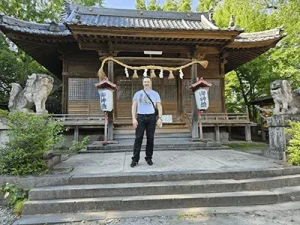
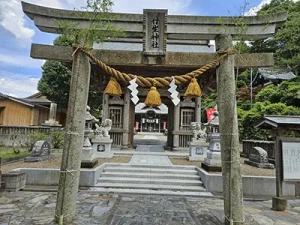
Find out more here about my private training as a Renshushei with André Bertel Sensei in Oita city – Japan.
If you have any questions or requests, please contact me.
Share on
